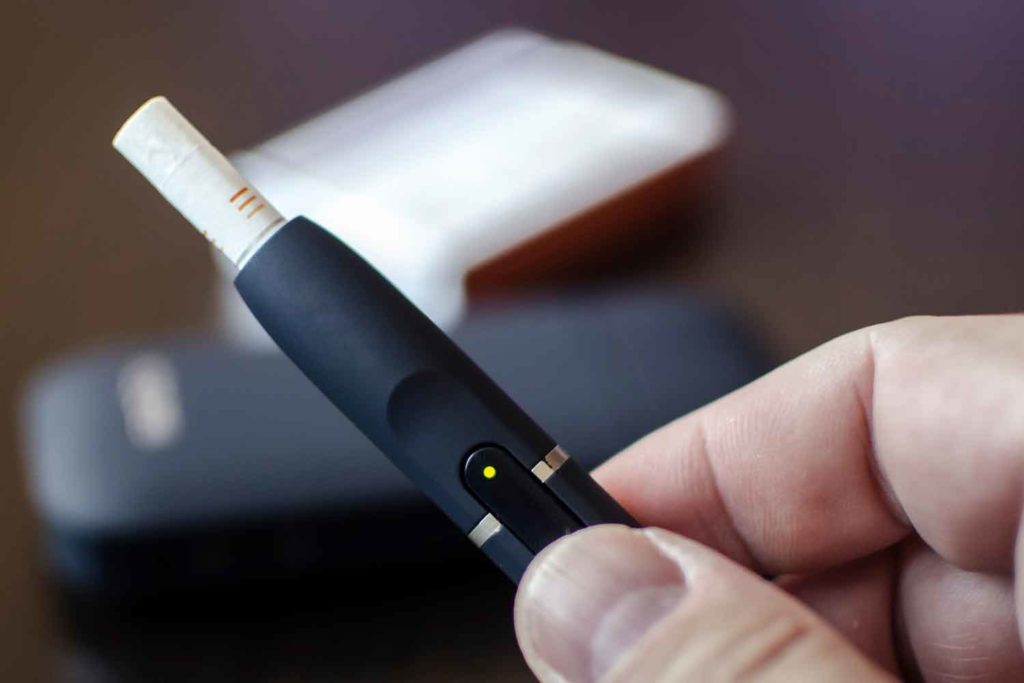
The U.K. Vaping Industry Association (UKVIA) has called on the Scottish government to reconsider its proposal to tighten advertising restrictions on vaping.
The call follows the publication of the outcomes of the government’s consultation on the plan. According to the UKVIA, the feedback from the consultation, which involved the input of individuals, local authorities, public health organizations and the vaping community, clearly shows that there is no majority of support for the recommendations put forward by the government, instead dividing opinions and leaving more questions than answers on the future of vaping regulations.
At the time the consultation went live, the UKVIA warned that the Scottish government’s proposals could derail the country’s 2034 smoke-free ambitions and that its stance is “in denial of the facts,” creating a significant risk to the health of people of Scotland looking to quit smoking as well as more uncertainty around vaping caused by misinformation.”

The proposals that were put forward only sought to further conflate vaping with combustible tobacco products by aligning advertising and promotion rules to existing restrictions on tobacco products.
John Dunne, director general, UKVIA
The UKVIA’s position was echoed by the Scottish Grocer’s Federation, which stated that the Scottish government’s move was unjustified and failed to appreciate the potential benefits of vaping products.
Many proposals put forward by the government generated 50-50 responses, and a number resulted in more respondents disagreeing than agreeing with them. These included proposals to ban in-store promotional displays, to make free distribution and nominal pricing of vaping products an offense and to make sponsorship agreements in respect to vaping products an offense. A higher proportion of respondents indicated that the proposed policy would have a negative impact on individuals (50.5 percent who felt it would versus 36.9 percent who didn’t) and on those with socioeconomic disadvantages (48.6 percent versus 25.5 percent).
“The proposals that were put forward only sought to further conflate vaping with combustible tobacco products by aligning advertising and promotion rules to existing restrictions on tobacco products,” said John Dunne, director general of the UKVIA, in a statment.
“Only by working with others, following the evidence and listening to people’s testimonies can we succeed in the goal of tobacco harm reduction.


















